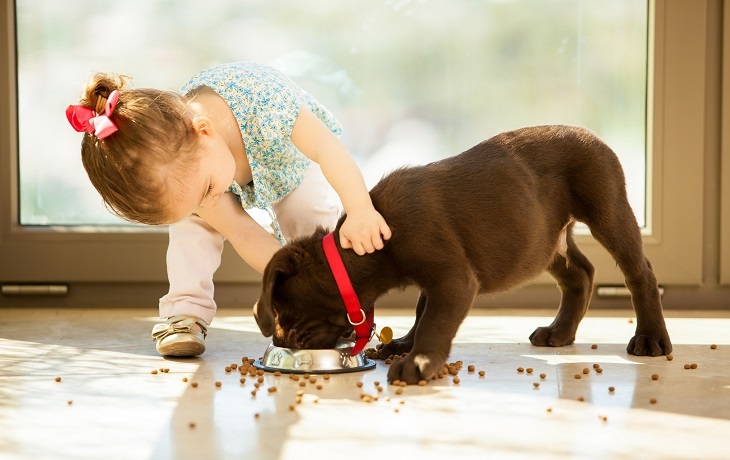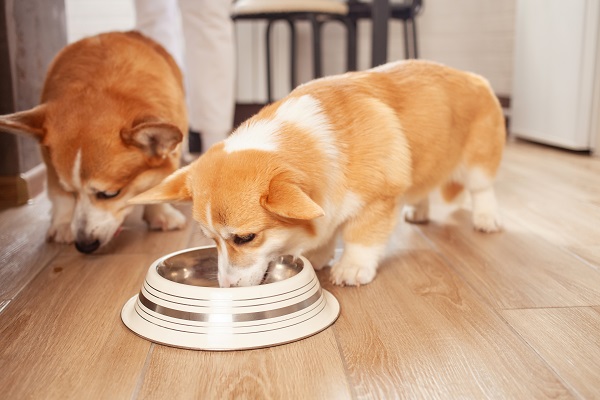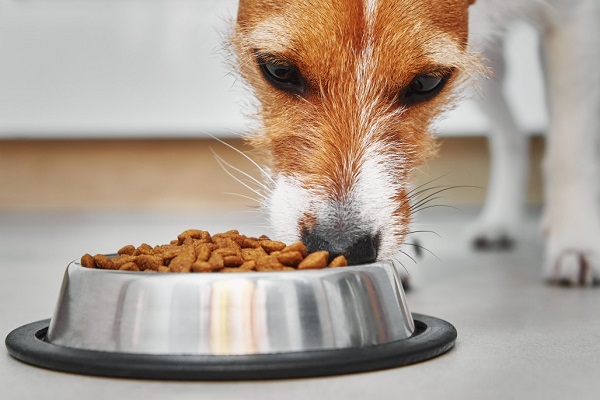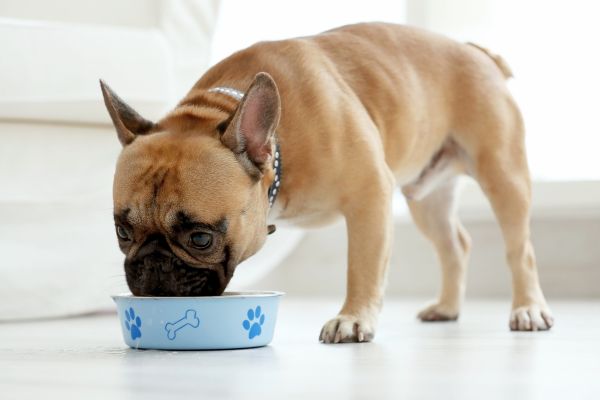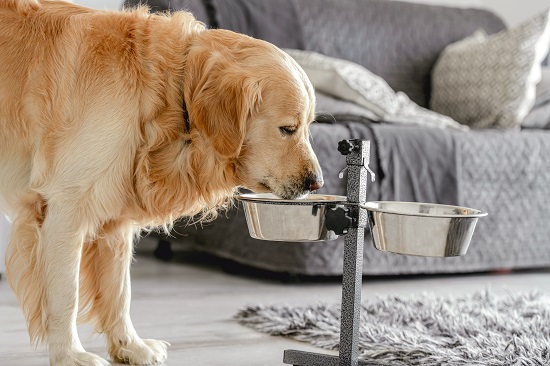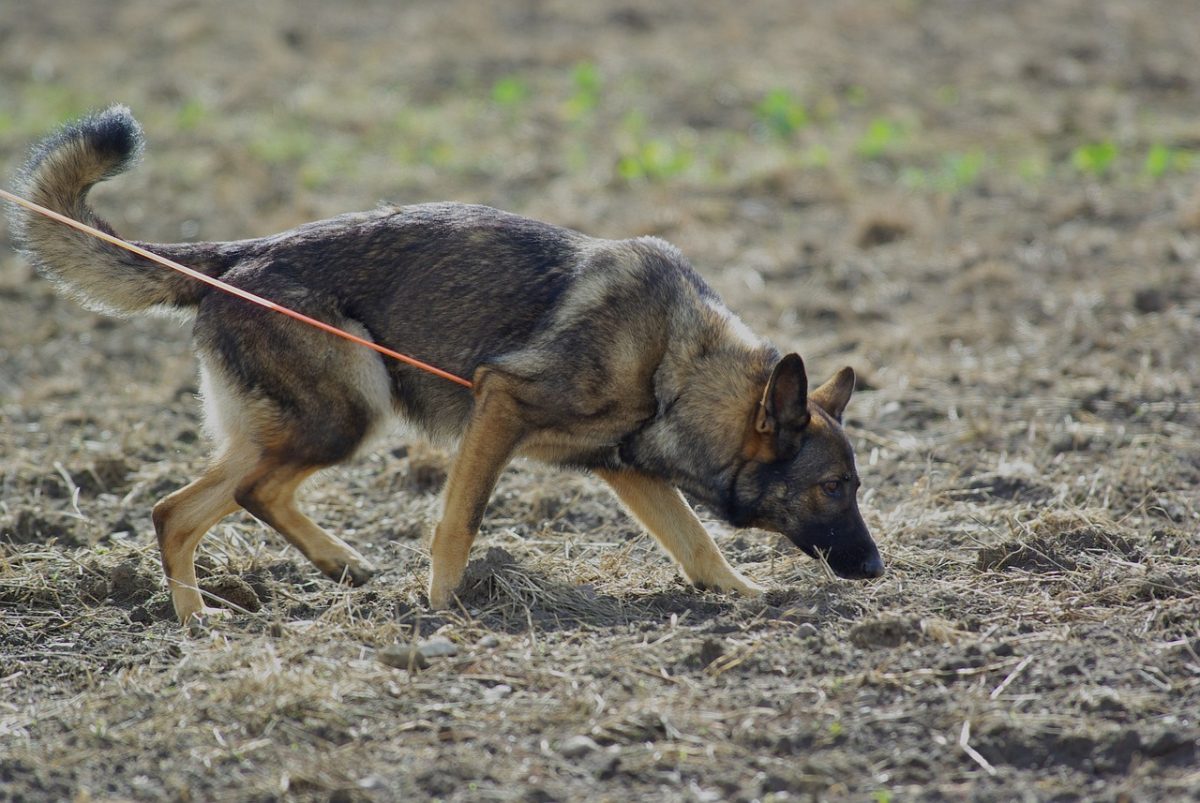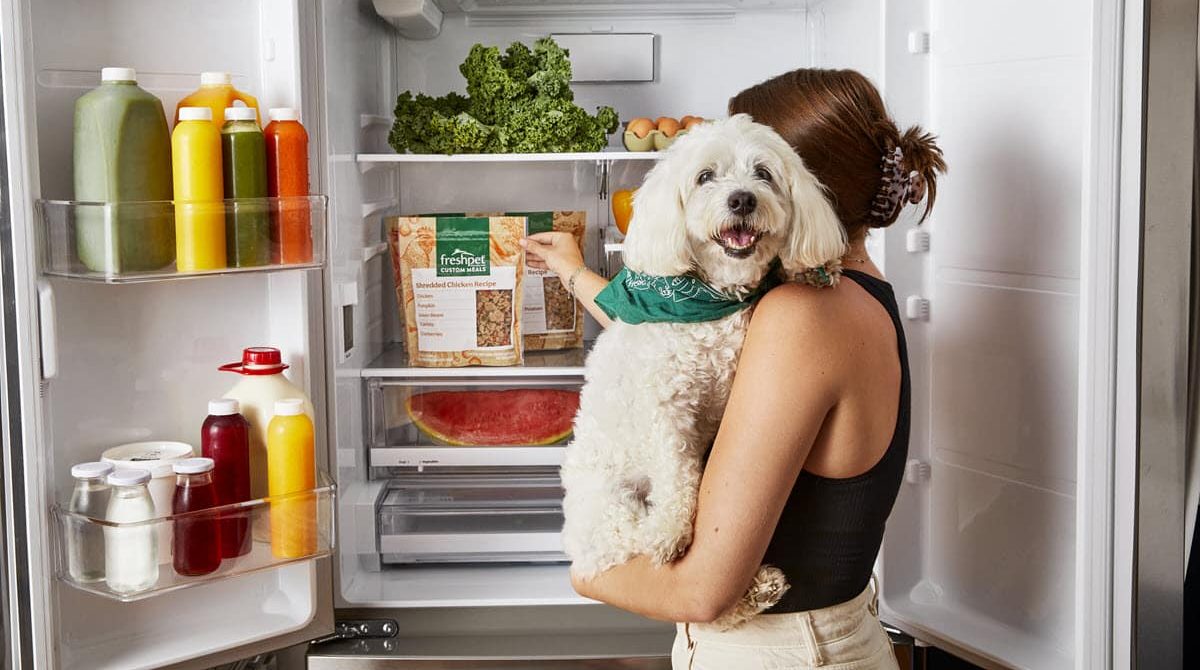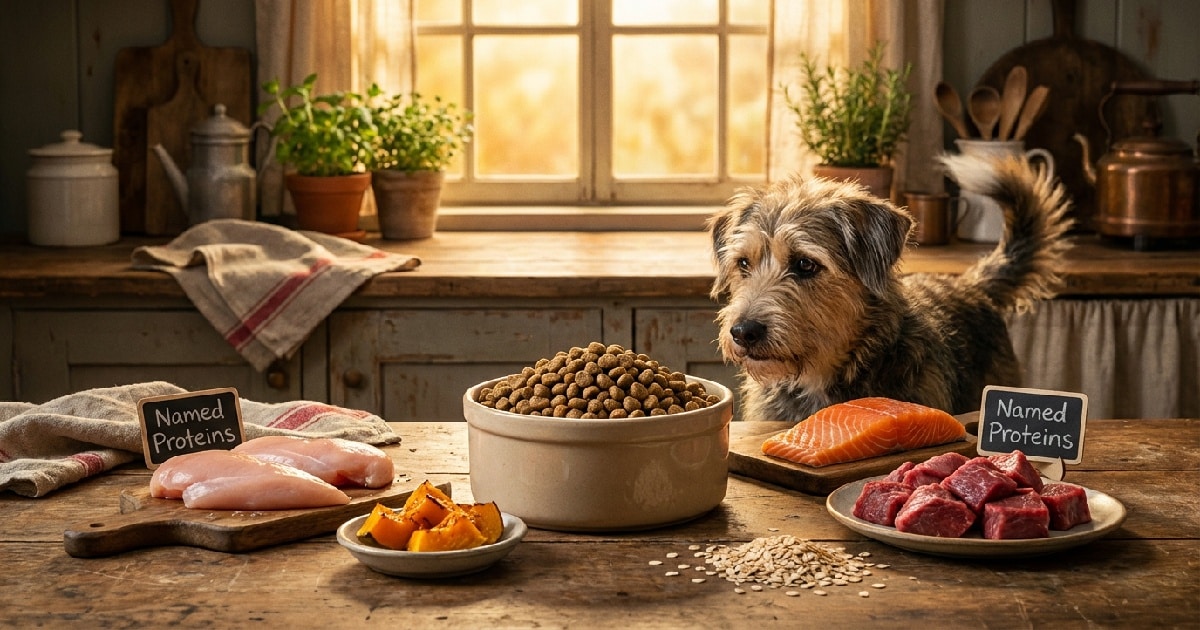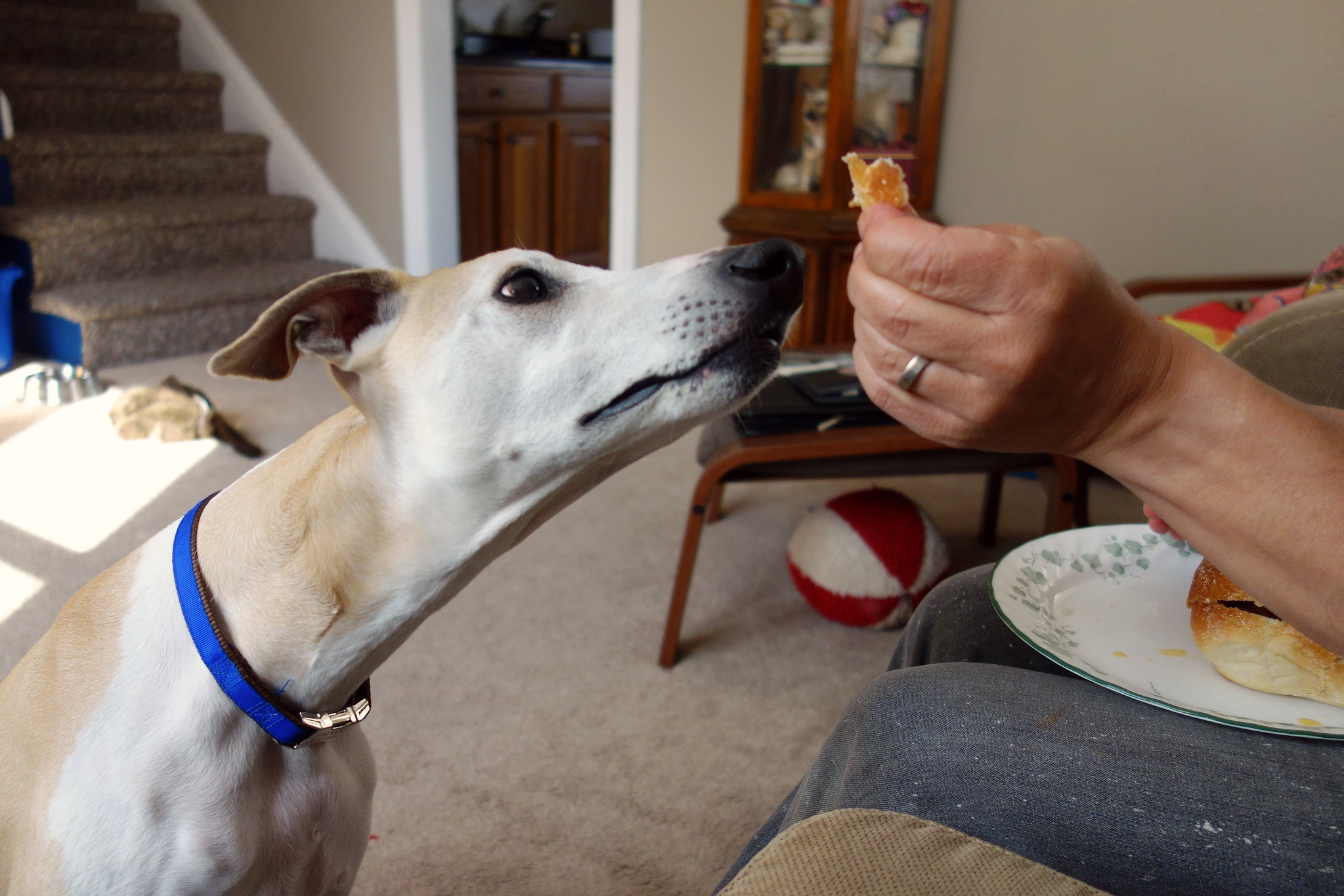Bringing home a puppy means embracing joyful chaos, and feeding those tiny paws right is key to healthy growth and play. But not all pups should eat the same food. A Dachshund’s dinner is very different from a Great Dane’s lunch. So, what should you feed your puppy based on its breed?
Breed size affects everything from metabolism to growth rate, shaping what goes into that bowl. If you’ve ever stared down a wall of pet food bags wondering what’s “right,” this guide is for you. We’re breaking down puppy nutrition by breed so you can feed it with love, confidence, and plenty of tail wags.
Let’s dig in!
The Big Picture: Why Your Puppy’s Breed Changes Everything
Let’s zoom out before we get into the nitty-gritty of kibble types and feeding charts. Your pup’s breed isn’t just about their looks; it’s a significant clue to what’s happening inside that bouncy, tail-wagging body.
Puppies grow fast. Like, really fast. They burn their calories at nearly double the rate of adult dogs. This happens in the name of building strong bones, bright minds, and playful energy. But not all puppies grow the same way.
Small breeds like Yorkies grow up fast and need calorie-rich meals to fuel that sprint. Big pups like Labradors grow slowly and need steady nutrition to protect their joints.
Breed quirks count, too — toy breeds risk blood sugar dips, while large breeds can face hip issues if overfed. Feeding isn’t just about size today; it’s about supporting who they’re growing into.
Their breed helps write the recipe for that journey.
Tailoring the Menu: What Your Puppy’s Size Says About Their Mealtime Needs
Not all puppies are built the same, and their food shouldn’t be either. Let’s start with the tiniest tail-waggers; Small and Toy Breeds. These little dynamos may fit in your palm, but their energy output could rival a toddler on a sugar rush.
Small and Toy Breed Puppies: Little Bodies with Big Appetites for Energy
- Picture a Chihuahua zooming through your living room — adorable, but that energy comes at a cost. Small breeds grow fast, reaching adulthood by 9 to 12 months. Their metabolism runs hot, but their stomachs are tiny, so every bite needs to work hard.
What to Look for in Their Food
- Nutrient-Packed: Small pups burn energy fast. They need high-quality protein, healthy fats, and slow-digesting carbs to fuel all that play.
- Tiny Kibble: Small mouths prefer small, soft bites. Easy-to-chew kibble makes meals safe and enjoyable.
- Balanced Formula: Look for the proper calcium-to-phosphorus ratio and essential vitamins to support steady, healthy growth.
When every bite matters, choosing the right food means setting your little one up for a lifetime of zoomies, snuggles, and good health.
The Sneaky Risk: Hypoglycemia in Small Breeds
Tiny breeds (especially under 12 weeks) can’t store sugar well. If a small pup skips meals or burns too much energy, their blood sugar can drop quickly. This can cause weakness, wobbiness, or even seizures. The fix? Regular, nutrient-rich meals to keep their energy steady and those little tails happily wagging.
The Fix: A Smart, Steady Feeding Routine
To keep their energy stable and their bodies safe, stick to a consistent schedule tailored to their age:
- 6 to 12 weeks: 4 to 5 mini meals throughout the day.
- 3 to 7 months: Gradually ease into 3 to 4 meals daily.
- 7 to 9 months: Shift to 3 meals a day.
- 9 to 12 months: Settle into a routine of 2 meals daily as they reach adulthood.
If you’re ever unable to feed as often, reduce their activity and keep them warm and calm. It’s not just about filling their bellies; it’s about providing a nurturing environment.
A Paw-rent Perspective
Caring for a small-breed puppy is like raising a tiny marathon runner. Their energy demands are real, their meals are fuel stops, and you’re the coach cheering them on. Keep that food bowl ready, and you’ll have one happy, tail-wagging athlete under your roof. To lead a harmonious life with your pint-sized, turbocharged puppy, read our blog on training tips for small dog breeds.
Large and Giant Breed Puppies: Growing Strong, One Gentle Step at a Time
And now we come to the large puppies with even larger hearts – the German Shepherds, Labrador Retrievers, Great Danes, Irish Wolfhounds, and all the other future gentle giants. While they may appear solid puppies, they have big paws and clumsy wiggles that mask their rapidly growing frame, requiring even more thoughtful consideration and care.
Large and giant breed puppies aren’t just growing quickly; they are growing longer. Smaller breeds may stop maturing in less than a year, but these guys may take 18-24 months to reach maturity. And with that long runway, there are bigger chances of detours from getting to their destination.
During this growth phase, too many calories or the wrong nutrient balance can strain their developing bones, leading to painful joint problems like hip or elbow dysplasia. The key is steady, healthy growth supported by the right food.
The Golden Rule: Slow and Steady Wins the Growth Race
- Feeding a large breed puppy isn’t about growing them fast — it’s about growing them right.
What to Look for in Their Food:
- Large Breed Puppy Formula: These are specially made to support slow, steady growth, not rapid bulking.
- Controlled Calcium: Too much can mess with bone development. Look for a proper calcium-to-phosphorus balance for strong, healthy joints.
- Moderate Calories & Fat: They need energy, but not overload. Around 15% fat helps fuel growth without stressing their frame.
- High-Quality Proteins: Muscle development still matters. These formulas offer enough protein to build strength without overloading their systems.
It’s about pacing their growth — one strong, sturdy step at a time.
Skip the Supplements Unless Your Vet Insists
It might feel tempting to add vitamins or calcium to “help” your pup grow strong. But when it comes to large breeds, extra can turn into excess, leading to more harm than good. Stick to a complete and balanced large breed formula unless your vet gives the green light for additions.
Bloat: The Hidden Danger in Large Breed Puppies
Big pups with deep chests are at higher risk of bloat (Gastric Dilatation Volvulus or GDV) — a serious, sometimes fatal condition where the stomach fills with gas and twists. It’s not just a bellyache; it’s a true emergency needing fast vet care.
How to Help Prevent It:
- Feed Smaller Meals: One big meal = higher risk. Split meals into 2–3 servings a day.
- Calm Before and After Eating: No zoomies around mealtime. Keep things chill for an hour before and after.
- Use a Slow Feeder: If your pup eats like it’s a speed contest, a slow-feeder bowl can help.
- Kibble Size Counts: Larger pieces encourage chewing and slow things down naturally.
Paw-rent Perspective
Raising a big pup is like growing a mighty oak — slow, steady, and full of care. Every wise choice today builds the strong, happy dog you’ll love for years. So take it slow, feed with thought, and let their future shine.
Medium Breed Puppies: Striking the “Just Right” Balance
If your pup grows into that medium-sized sweet spot of 20 to 60 pounds as an adult, you’re in good company. Most puppy foods are tailored to these pups, making feeding choices more straightforward. Still, mindful nutrition is key during this critical growth window.
What to Watch:
- Growth Check-ins: Too much weight too soon can strain developing joints. Monitor their body condition.
- Energy Needs: A lively Spaniel will need more calories than a laid-back Basset lounging on the couch. Feed accordingly.
- Feeding Schedule: Start with 3 to 4 meals daily. Shift to 2 meals as they approach maturity at 12 to 16 months.
Paw-rent Insight
Medium pups might be the “Goldilocks” of the dog world, but they still need the nutrition to grow strong and stay balanced from tail to toe.
Universal Wisdom: Feeding Fundamentals for All Puppies
A few golden rules always apply regardless of your pup’s size or shape. These are the building blocks for raising a strong, tail-wagging companion.
- Pick the Right Puppy Food: It’s not just branding—puppy formulas are rich in protein, fat, and growth nutrients like calcium and phosphorus. Plus, smaller kibble means safer, easier chewing.
- Know When to Switch: Most pups move to adult food between 10 and 18 months, but large breeds may take up to 24 months. Always transition slowly over 7 to 10 days to avoid digestive drama.
- Adjust After Spay/Neuter: Once fixed, your pup’s calorie needs may drop by 30%. Keep an eye on portions to avoid extra padding.
Start smart, feed thoughtfully, and your pup will be set up for a lifetime of healthy tail wags.
Feeding Frequency: Why Little and Often Works Best for Puppies
You might have heard the buzz about once-a-day feeding for adult dogs. A recent study by the Dog Aging Project found that adult dogs fed once daily may have better health outcomes — fewer dental, joint, and organ issues and even sharper minds.
But here’s the key: that study wasn’t about puppies.
The researchers themselves advise against changing puppy feeding schedules based on these early findings. Puppies are growing fast, have high energy needs, and have tiny tummies. They need multiple meals a day to keep up.
General Puppy Feeding Schedule:
- 6 to 12 weeks: 4 to 5 meals a day
- 3 to 6 months: 3 to 4 meals a day
- 6 to 12 months: 2 to 3 meals a day
- 12+ months: Transition to 2 meals daily
Portion Control: Feed With Your Eyes (and Hands)
The feeding chart on the bag is a helpful starting point, but your pup’s body is the real guide.
- You should be able to feel their ribs under a soft layer of fat but not see them.
- There should be a visible waist when viewed from above and a gentle tummy tuck from the side.
- Weigh your puppy every couple of weeks during early growth and once a month as it ages. This helps you catch any overfeeding or underfeeding before it becomes a problem.
Use your eyes, hands, and scale. They’ll tell you more than the label ever will.
Dry, Wet, or Both? The Great Food Debate
Each option has its perks, and you don’t have to stick to just one.
- Dry food is convenient, budget-friendly, and can help with dental health.
- Wet food adds moisture, tempts picky eaters, and is easier on tiny teeth.
- Mixing both gives variety and texture, making future food transitions easier.
- Homemade meals require a serious commitment. It’s tough to meet a puppy’s full nutritional needs without a vet nutritionist’s guidance. A gap today can lead to lifelong health issues, so approach this option with care and expert support.
The No-No List: What NOT to Feed Puppies
Some foods are just unsafe for dogs.
What Not to Feed Your Puppy:
- Table Scraps: These can upset their tummy and encourage begging habits you’ll regret later.
- Toxic Foods: Avoid chocolate, grapes, raisins, onions, garlic, xylitol, cooked bones, raw dough, avocado, and macadamia nuts. Even small amounts can be dangerous.
- Raw Meat: Raw diets carry a higher risk of bacteria and nutrient imbalances for growing pups. It’s best to wait or talk to your vet before going raw.
Stick to puppy-safe foods to keep those tails wagging and tummies happy.
Treats: Use with Care
Treats are a helpful training tool, but they should never exceed 10 percent of your puppy’s daily calories. Look for puppy-formulated treats or use their regular kibble as rewards during training to avoid overfeeding.
Set the Stage: Mealtime Should Feel Safe and Predictable
- Stick to a routine. Regular mealtimes help with digestion and reinforce good potty habits.
- Choose a quiet feeding spot away from busy foot traffic. This reduces anxiety and helps prevent food guarding.
- Use clean bowls every time. Just like us, dogs deserve clean dishes.
- Always keep fresh water available — no exceptions.
Paw-rent Insight:
Feeding time is more than just filling a bowl. It’s a daily ritual of care, connection, and trust. When you feed with intention, you’re not just nourishing their body — you’re building their confidence, sense of safety, and the bond you’ll share for life.

